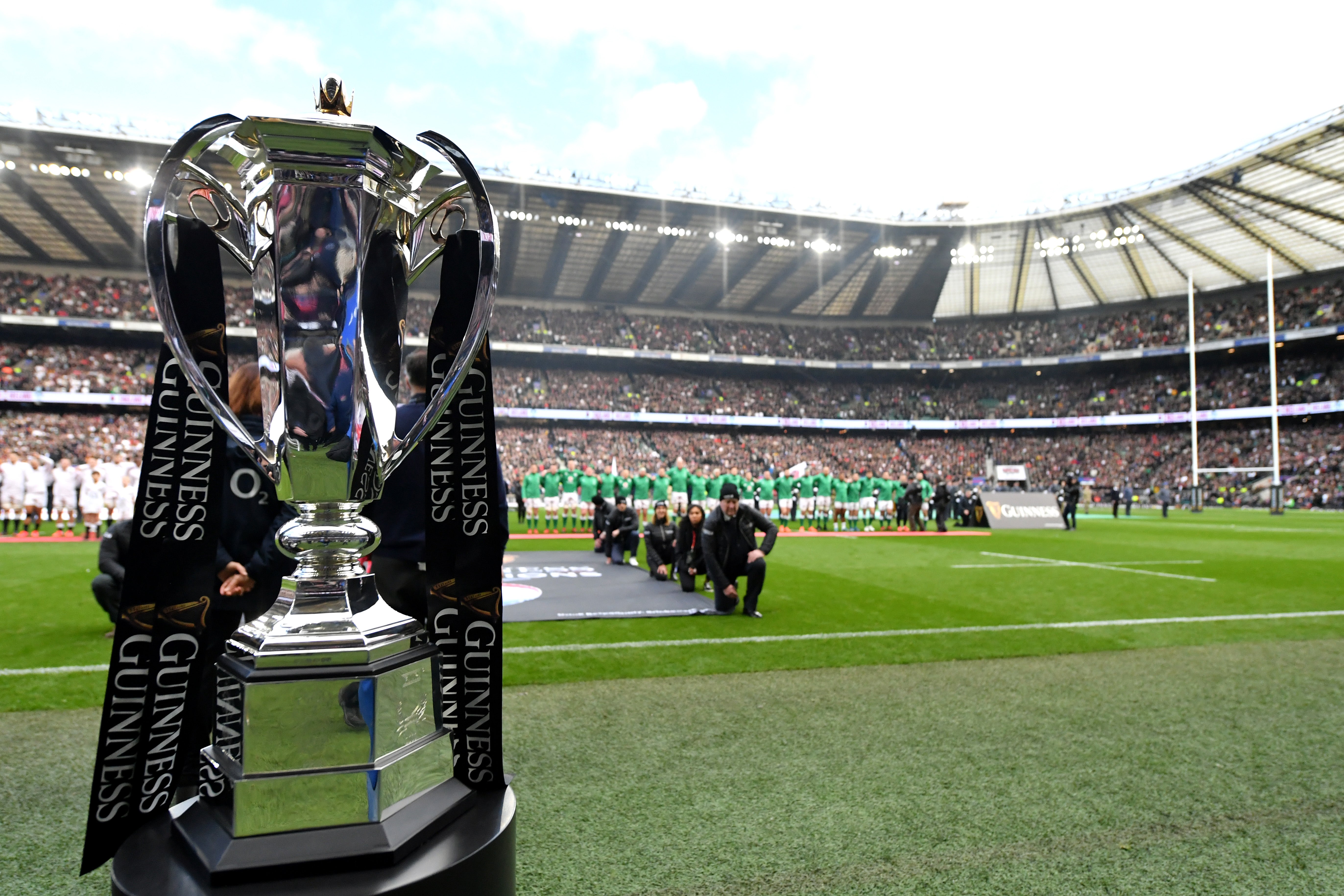Six Nations 2021 could be delayed to get fans back into matches, admits chief executive
Absence of fans will cost the RFU around £122m this autumn with an additional loss of £138m predicted if supporters cannot attend Six Nations games

Your support helps us to tell the story
From reproductive rights to climate change to Big Tech, The Independent is on the ground when the story is developing. Whether it's investigating the financials of Elon Musk's pro-Trump PAC or producing our latest documentary, 'The A Word', which shines a light on the American women fighting for reproductive rights, we know how important it is to parse out the facts from the messaging.
At such a critical moment in US history, we need reporters on the ground. Your donation allows us to keep sending journalists to speak to both sides of the story.
The Independent is trusted by Americans across the entire political spectrum. And unlike many other quality news outlets, we choose not to lock Americans out of our reporting and analysis with paywalls. We believe quality journalism should be available to everyone, paid for by those who can afford it.
Your support makes all the difference.The start of next year’s Six Nations could be delayed in order to allow fans to attend matches as rugby union desperately searches for a resolution to its financial crisis.
The Six Nations chief executive Ben Morel confirmed that pushing the championship back in 2021 from its original February start date is under consideration after the government scrapped plans to open doors to supporters from 1 October due to a rise in coronavirus numbers.
The Rugby Football Union expects to make a £122m loss this autumn due to playing games behind closed doors, with the rest of the home unions also experiencing huge losses since the coronavirus pandemic began. If fans are unable to attend next year’s Six Nations matches, the RFU expects to lose an additional £138m, which would have catastrophic effects on the game right down to grassroots level.
Having identified the need for match-day revenue to survive, the RFU has already drawn up plans for fans to return to Twickenham under socially-distanced conditions, which would allow up to 40,000 to attend international matches, but the government put the brakes on those ideas by announcing the stricter measures last month.
As a result, the Six Nations is discussing the prospect of delaying the start of the tournament until they get the green light to welcome fans to stadia across the continent.
“We have to look at everything right now,” Morel told The Times. “We need fans back. We are not about to announce that we are doing this, but it is one of the options that is there. It is not straightforward and there would be no guarantee that you’d get a better situation. I wish that moving the Six Nations would solve all this, but you cannot say that.
“The discussion is in light of the bigger picture of how we can bring fans back in some capacity in a safe way. Our rugby economy needs it. Everybody has to look at every single option to see what is best. We are looking at other countries and what other sports are doing. There are some encouraging things happening in Germany, but Germany has the whole thing more under control.”
The issue for the Six Nations is there is not a great deal of room to squeeze the tournament in to the rest of the year. Current plans are for the first round to begin on 6 February with the final round wrapping up on the 20 March. The British and Irish Lions tour, which will feature the most prominent players across England, Ireland, Scotland and Wales, begins in July immediately after the end of the domestic seasons, with limited time between the end of the tour of South Africa in August and the start of the new 2021/2022 club season.
On top of the congested schedule, the players will need to take a break after what will be 12 months of non-stop rugby, while there is no certainty over when supporters will be allowed back into stadia.



Join our commenting forum
Join thought-provoking conversations, follow other Independent readers and see their replies
Comments